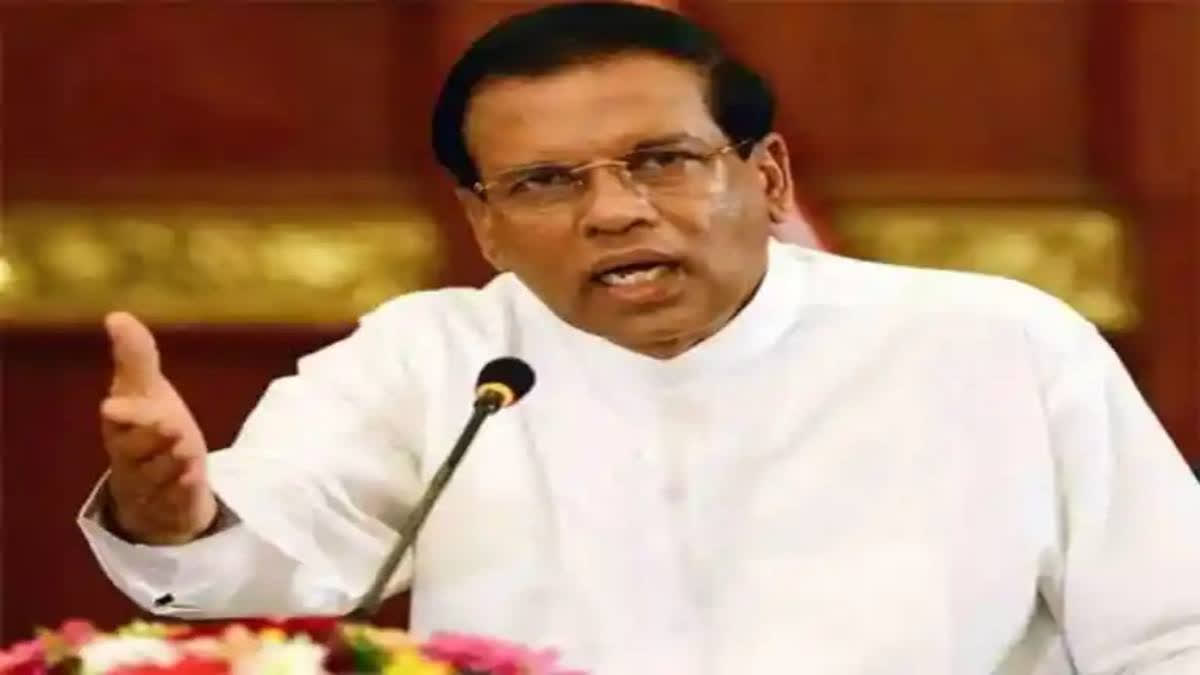New Delhi: Former Sri Lankan President Maithripala Sirisena’s startling claim that he has the information about who the actual perpetrators were behind the 2019 Eastern Sunday attacks has created a huge outcry in the political circles of India’s southern neighbour. Sirisena said on Saturday that he made this revelation based on “crucial information” he had received three weeks ago.
On April 21, 2019, a series of coordinated terrorist suicide bombings occurred in Sri Lanka, targeting Christian churches and luxury hotels. It was one of the deadliest terrorist attacks in the country’s history. The attacks took place on Easter Sunday, targeting three churches in different cities holding Easter services as well as three luxury hotels in Colombo.
Two local Islamist extremist groups called National Thowheed Jamath and Jammiyathul Millathu Ibrahim were initially blamed for the attacks. A total of 269 people were killed, including at least 45 foreign nationals, three police officers, and eight suicide bombers. Many of the victims were Sri Lankan Christians and foreign tourists. Among those killed were 11 Indian nationals.
The attacks started around 8.45 am with six nearly simultaneous bombings at the churches and hotels. Additional explosions occurred later at a housing complex and guest house. Some of the targeted churches included St Anthony’s Shrine in Colombo, St Sebastian's Church in Negombo and the Zion Church in Batticaloa. The three luxury hotels hit were the Cinnamon Grand, Shangri-La and The Kingsbury in Colombo.
In the days after, the Islamic State terrorist group claimed responsibility for the attacks, though the group has made unverified claims in the past. Over 100 suspects were arrested in the aftermath as authorities investigated the attacks, which were widely condemned globally as acts of brutal violence. The bombings marked a devastating resurgence of violence in Sri Lanka after the end of the civil war in 2009.
Sirisena first made his statement about having received information about the attacks in the central Sri Lankan city of Kandy on Friday. This raised demands for his arrest for having suppressed the truth. Then on Saturday, he said that he had received the information only three weeks ago. According to The Island newspaper, lawyers said that Sirisena had violated a number of provisions of several statutes, including the Penal Code, Criminal Procedure Code and the Prevention of Terrorism Act.
